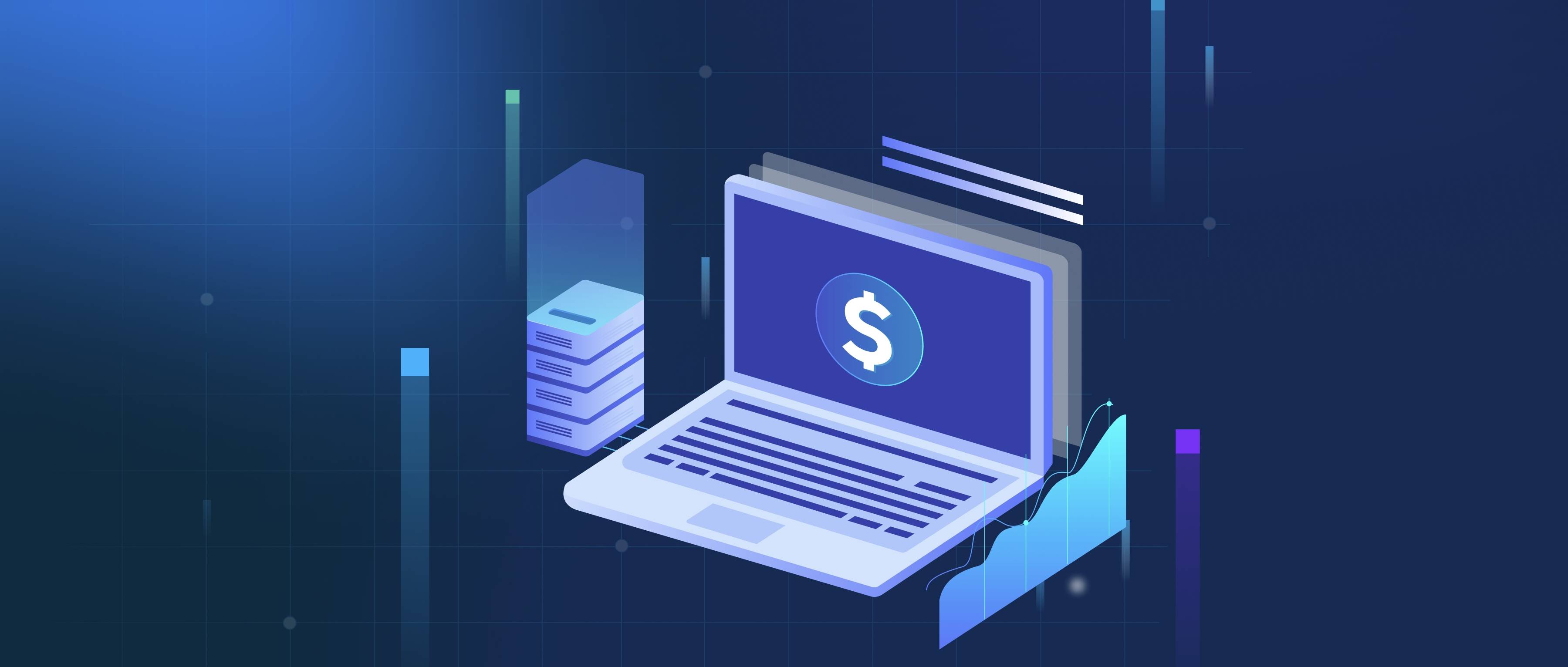Reinforcement learning (RL) is a type of machine learning where an agent learns to make decisions by interacting with an environment and receiving feedback in the form of rewards or penalties. In healthcare, RL can be utilized to optimize treatments, enhance decision-making processes, and improve patient outcomes. For instance, RL algorithms can help determine the most effective drug dosages for individual patients by learning from past treatment outcomes and adjusting recommendations in real-time based on patient responses.
One practical application of RL in healthcare is in personalized medicine. By analyzing patient data and treatment responses, RL can tailor treatment plans specifically to individuals. For example, in managing chronic diseases like diabetes, an RL model can predict how a patient will respond to different insulin doses over time. By continuously learning from the patient's glucose levels and other health metrics, the model can recommend adjustments that optimize blood sugar control and reduce complications. This dynamic approach can lead to better outcomes compared to static treatment guidelines.
Additionally, RL can improve operational efficiencies within healthcare systems. It can be applied to scheduling patients, optimizing resource allocation in hospitals, and managing workflows to ensure that care providers can respond more effectively to patient needs. For instance, RL can be used to balance patient load across different departments or predict peak times for emergency rooms, allowing for better staffing decisions. By implementing RL-based systems, healthcare providers can not only enhance patient care but also make healthcare delivery more efficient.
